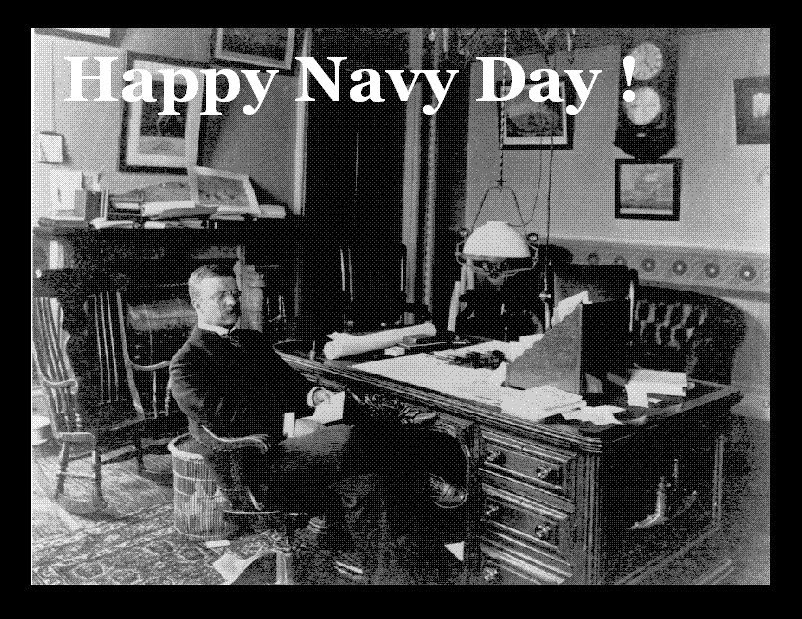150 Years Ago: Rebel
Raider CSS Florida Taken in Brazilian Port
Historical Event: In
an illegal action that nearly sparked a shooting war with Brazil, in
the early hours of October 7, 1864 a Union warship opened fire upon
and then rammed a Confederate raider in a neutral port. With Capt.
Charles Morris and most of his crew ashore, the CSS
Florida was defenseless
when Commander Napoleon Collins of the USS Wachusett
defied international law and attacked the raider.
Collins
had chased CSS Florida
for many months. He caught up and berthed next to her in the Brazilian port of Bahia on
October 4. Although U.S. Consul Thomas F. Wilson assured the
president of Bahia Province, Joaquim da Silva Gomes, that the Union
would respect his nation's neutrality, the president took no chances;
he placed the raider under his personal protection – and that of a
squadron of sloops, corvettes and other warships under Commander
Gervasio Macebo. The governor granted the CSS Florida
time to take on coal and provisions and make emergency repairs, but
also demanded her guns be unloaded while in port.
Wilson
and Collins had no intention of respecting Brazilian neutrality. Together they planned a “cutting-out”
expedition to capture the raider – knowing full well that if the
CSS Florida
left port the slower Union warship would be unlikely to catch her. Even
worse, if the USS Wachusett
did, she might lose the fight – as most of her guns were short range
smoothbores, while the CSS Florida had a battery of long-range
rifles. Those would have enabled Capt. Morris to stand off and pound
away at the Yankee vessel while keeping out of the range of Collin's
heavier but shorter-ranged guns. Wilson and Collins decided to damn
international law and go after the raider, in port, while she slept.
Shortly
before dawn on October 7, Collins built up steam and bulled his way
past a sleeping line of Brazilian warships. As he entered the harbor he opened fire upon,
rammed and with pistols blazing, boarded the Rebel raider. The
skeleton crew of Confederates aboard were surprised, outnumbered and
overwhelmed. Collins put a prize crew aboard, tossed over a hawser
and began towing the raider out to sea.
The
Brazilians were enraged at this breach of international law –
especially after having been assured that
Brazilian neutrality would be respected. The harbor fort opened fire. Commander Macebo raised sails and steam and ordered his
squadron to fire upon the Union warship as it sped by. Macebo gave
chase, but Collins even with his prize in tow, was able to
outdistance the Brazilians.
Collins
and Wilson were hailed by the press for their boldness, and were
privately praised by Lincoln, Secretary of State Seward and Secretary
of the Navy Welles. Unfortunately, to ameliorate the Brazilians they
had to be made an example of. Wilson was dismissed from the foreign
service and Collins was court-martialed, found guilty of violating
the territory of a neutral government and similarly dismissed from
the Navy.
Collins
remained unrepentant, saying he would do it all again “for the
public good.” None disputed that he had acted so, for in her
two-year career the CSS Florida had sunk 46 ships and captured 14
others, inflicting damages that her victim's owners claimed had cost
them over $4 million – ten times the cost of the Rebel raider.
Confederate commerce cruisers like CSS Florida play a key role in GMT's strategic naval game of the Civil War, as one would expect from a game entitled Rebel Raiders on the High Seas.

